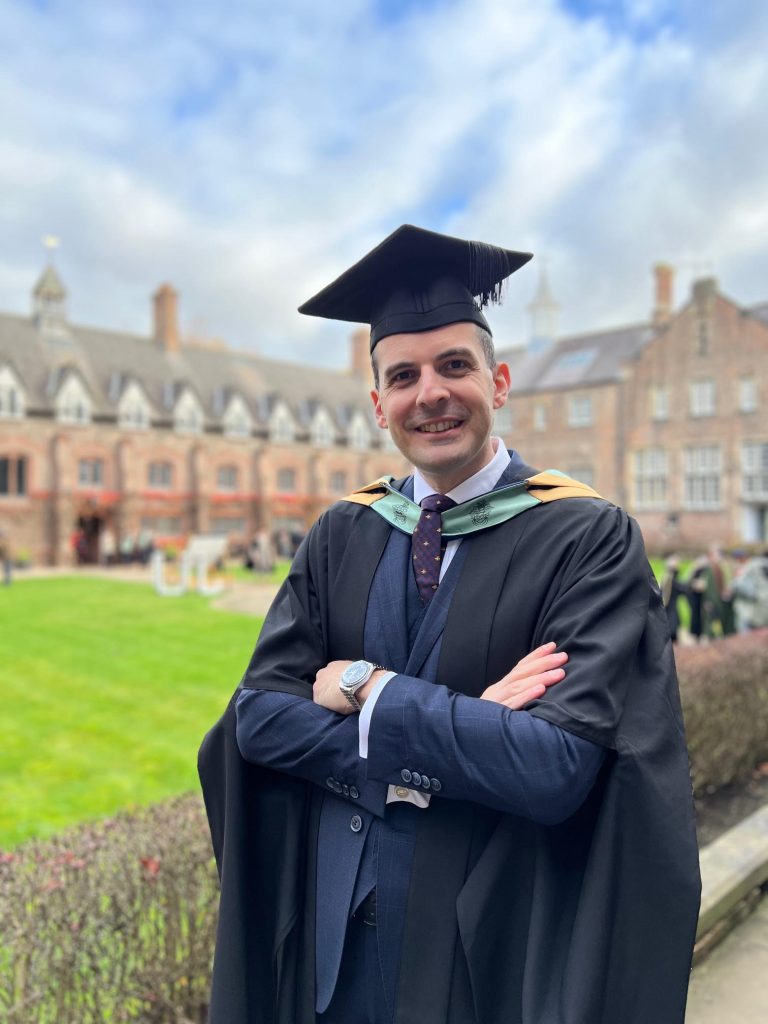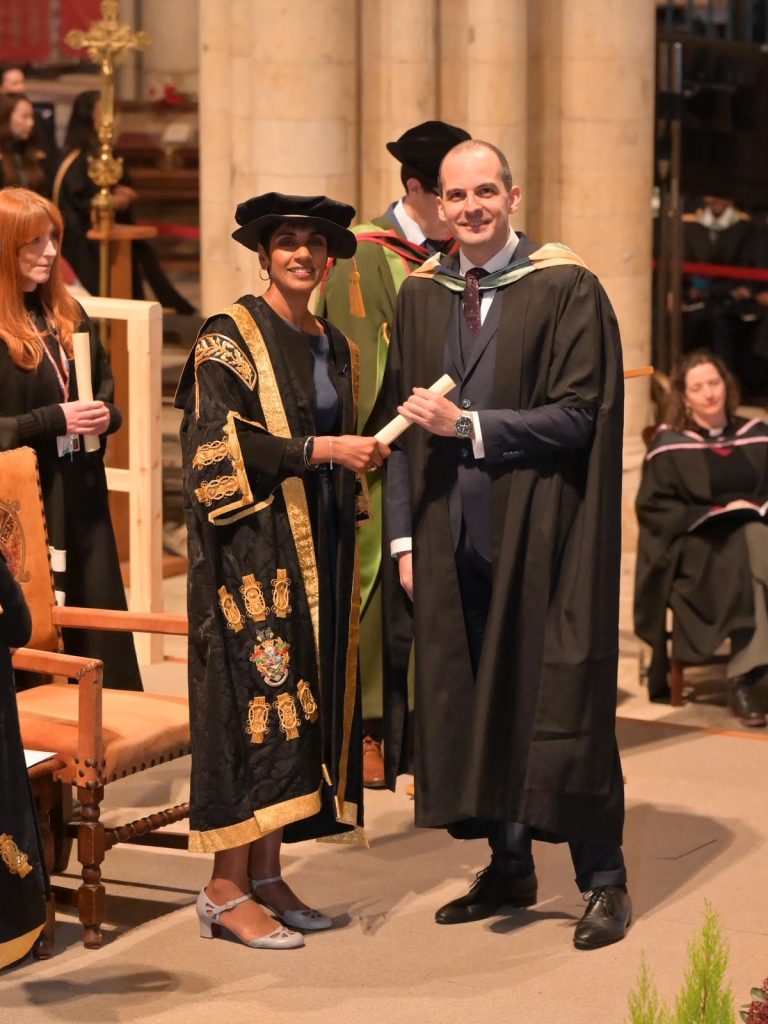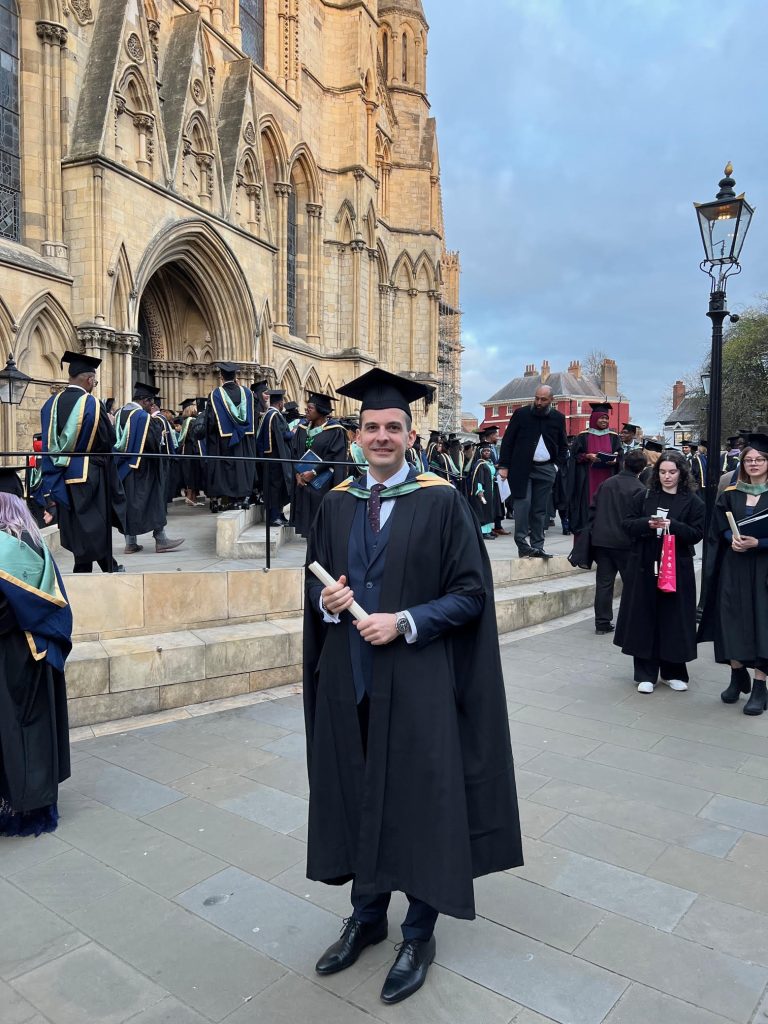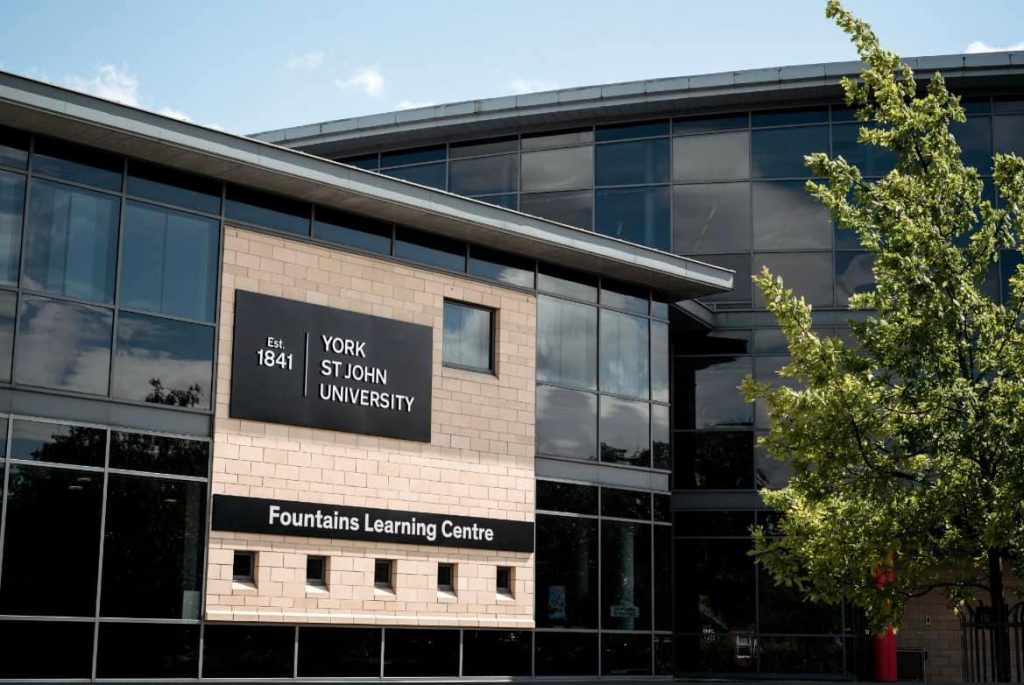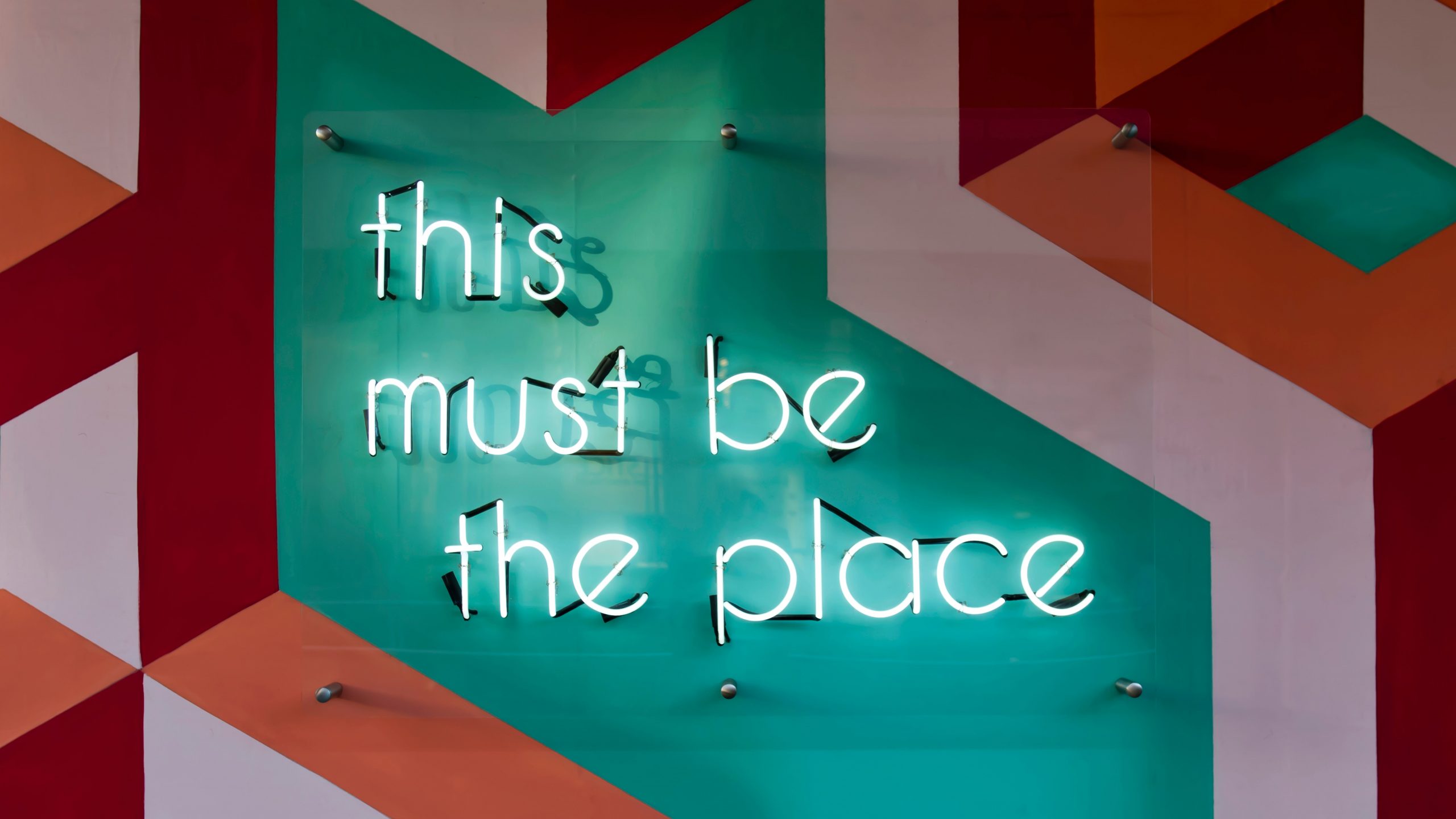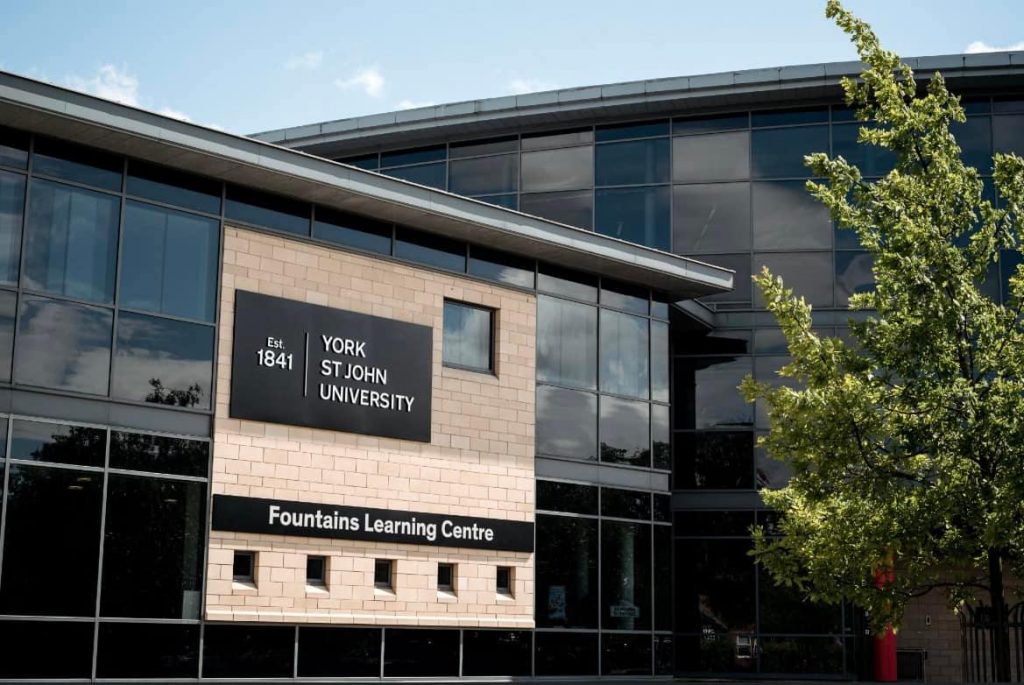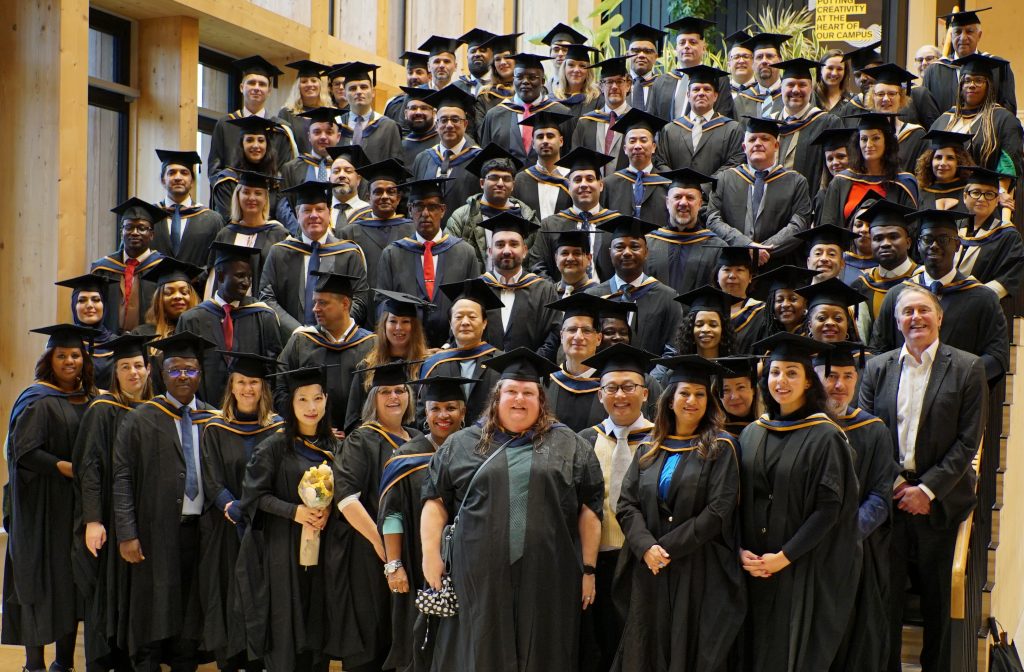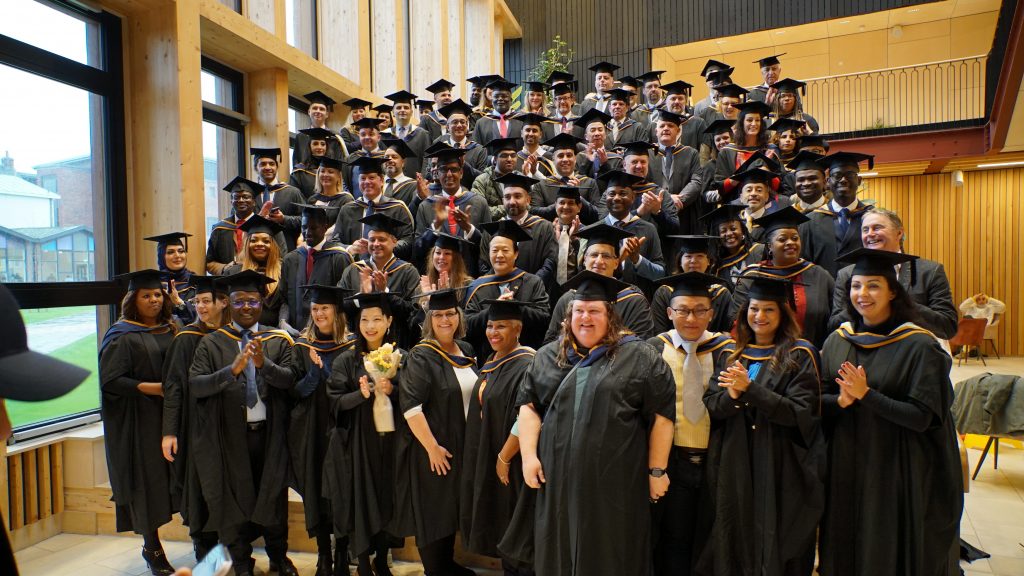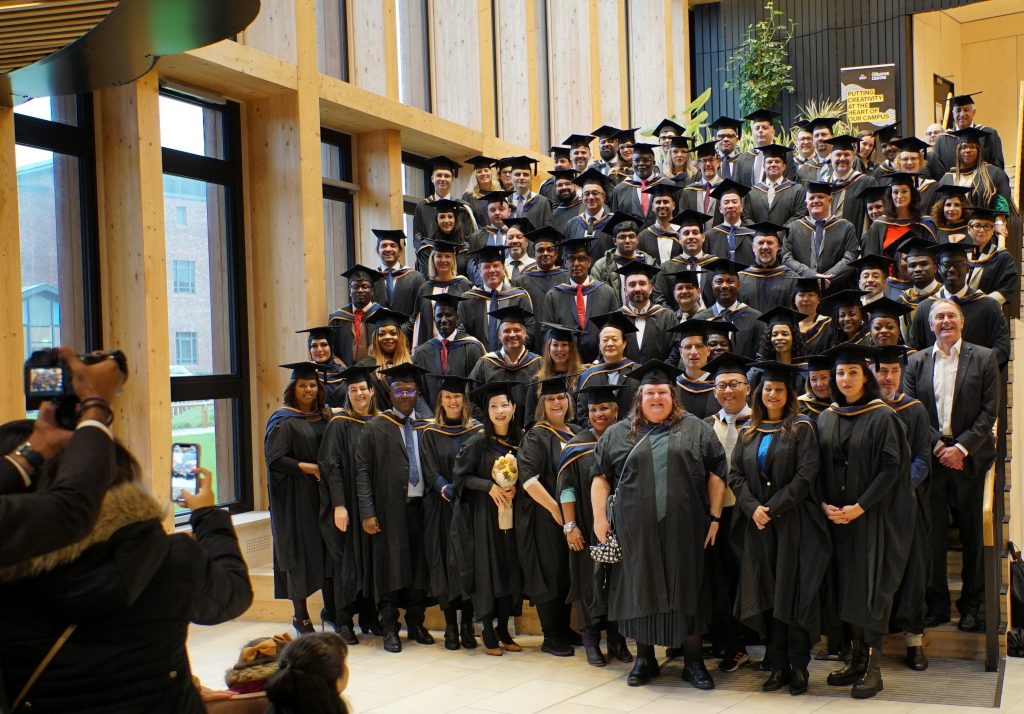In today’s digital landscape, education is no longer confined to the four walls of a traditional classroom. Online learning platforms have revolutionised how students access knowledge, breaking geographical barriers and opening doors to innovative, flexible learning opportunities. Few partnerships illustrate this transformation as effectively as the collaboration between Robert Kennedy College (RKC) and York St John University (YSJU). By combining RKC’s forward-thinking digital delivery methods with YSJU’s long-standing commitment to academic excellence, this alliance offers students worldwide a unique opportunity to pursue high-quality education tailored to the demands of the modern world.

York St John University
York St John University, located in the historic city of York, UK—a place steeped in history and culture — stands as a symbol of academic excellence with a rich legacy over 175 years. Initially founded as a teacher training college, it has transformed into a respected institution offering various undergraduate and postgraduate programmes.
YSJU is committed to creating a stimulating learning atmosphere that fosters intellectual development, critical thinking, and practical skills. With an emphasis on inclusivity, the university strives to assist students from diverse backgrounds, providing them with the resources and opportunities needed for success.
The institution is well-known for its strong focus on teaching quality and student satisfaction. Faculty members are specialists in their disciplines and dedicated educators who prioritise student achievement. This commitment is evident in YSJU’s consistently high student experience and employability rankings.
Robert Kennedy College
- Robert Kennedy College (RKC) is located in Zurich, Switzerland, and is a leader in online education.
- The college aims to make high-quality education accessible and recognised for flexible, innovative, and globally acknowledged programmes.
- RKC focuses on online and blended learning, allowing students to manage their education alongside personal and professional responsibilities.
- The advanced online platform provides access to top-notch resources and engaging learning experiences, regardless of students’ locations.
- The faculty comprises seasoned scholars and industry experts, offering a mix of theoretical knowledge and practical skills in the virtual classroom.
- Academic excellence combined with real-world experience prepares students to thrive in their careers.
- RKC collaborates with esteemed universities, enabling students to obtain degrees from reputable institutions while enjoying online education.
- The college prioritises tailored support and a collaborative atmosphere, nurturing a strong sense of community among students and faculty.
The Partnership

The collaboration between Robert Kennedy College and York St John University exemplifies how teamwork can enhance education. This partnership enables students to access YSJU’s renowned degree programs via RKC’s cutting-edge online platform, merging the strengths of both institutions.
- Flexibility and Accessibility: A key feature of this partnership is its flexibility. Students can learn at their own pace, managing their education alongside work, family, and various commitments. This accessibility makes higher education attainable for students, irrespective of geographical limitations.
- Quality and Accreditation: Degrees conferred through this partnership are fully accredited and recognised, providing students with a globally recognised qualification. In 2006, York St John University received the University title and degree-awarding powers from His Majesty’s Most Honourable Privy Council. York St John University’s stringent academic standards and Robert Kennedy College’s enhanced online learning features ensure a superior educational experience. Upon finishing the programme, students will receive their degree from YSJU.
- Global Community: The partnership cultivates an international learning community, uniting students from across the globe. This diverse group enriches the educational experience, providing varied perspectives and insights that promote personal and professional development.
- Support and Resources: Students gain advantages from both institutions’ comprehensive support. RKC supplies strong online resources and personalised assistance through our dedicated StudentCare team, whereas YSJU delivers academic excellence backed by a rich legacy of educational expertise. This dual support framework guarantees that students possess all they need to thrive.
- Innovative Learning Environment: The collaboration utilises cutting-edge technology to create an engaging and interactive learning environment. From virtual classrooms to online discussions and collaborative projects, students are immersed in a dynamic educational experience that equips them for the challenges of the modern world.
Success Stories and Impact
The success stories emerging from this partnership are a testament to its effectiveness. Graduates have achieved significant career advancements, leveraging their degrees to secure promotions, switch careers, and embark on entrepreneurial ventures. The combination of a prestigious degree and the flexibility to study from anywhere has opened doors to new opportunities for countless students.
Alumni often speak of the transformative impact of their education, highlighting the practical skills, critical thinking, and confidence gained through their studies. The support and guidance from faculty and the sense of belonging within a global community are cited as some of the factors in their success.
The collaboration between Robert Kennedy College and York St John University highlights the potential of online education to dismantle barriers and provide high-quality, flexible learning options. By combining the strengths of both institutions, this partnership allows students to achieve their academic and professional goals, regardless of their location in the world.
This collaboration exemplifies how educational institutions can innovate and adapt to better serve the evolving needs of students. It demonstrates that educational opportunities are limitless with the right combination of technology, expertise, and support.
This partnership effectively bridges traditional and modern education, creating pathways for students to succeed in a rapidly changing world.
If you want to do an online degree programme, explore several specialised master’s/bachelor’s/DBA/PhD degree programmes that Robert Kennedy College offers. You could also chat live with our team of Education Advisers on WhatsApp, who can look at your profile and give you some advice. If you have already made up your mind, click here to apply.

